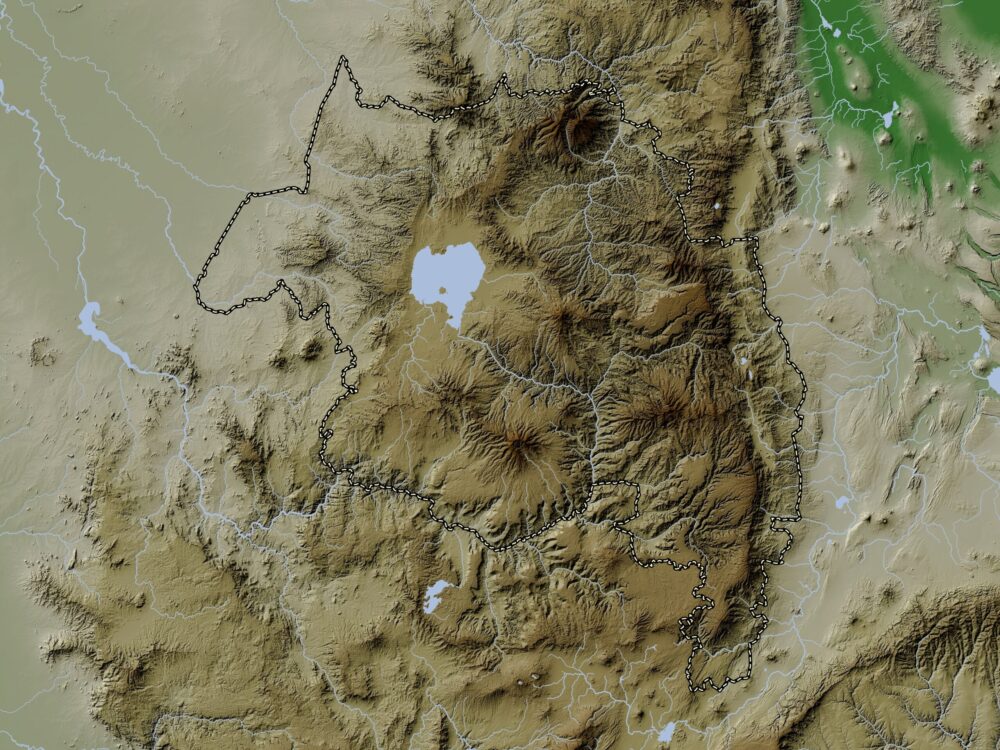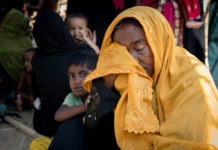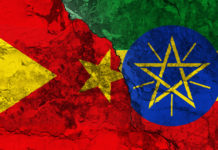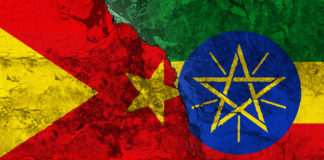Nine months ago, Ethiopia concluded its two-year civil war in the Tigrayan region. The country may be on the verge of yet another internal conflict, this time in the northern Amhara region.
For several months, Prime Minister Abiy Ahmed has pushed his plan to disband regional forces in the country’s different provinces and integrate such regional militias into the national military. Leaders in the Amhara region say this would undermine their regional security. The ethnic militia, Fano, allied with Ahmed during the war against Tigray, but they are now battling with Ethiopian forces for influence in Amhara.
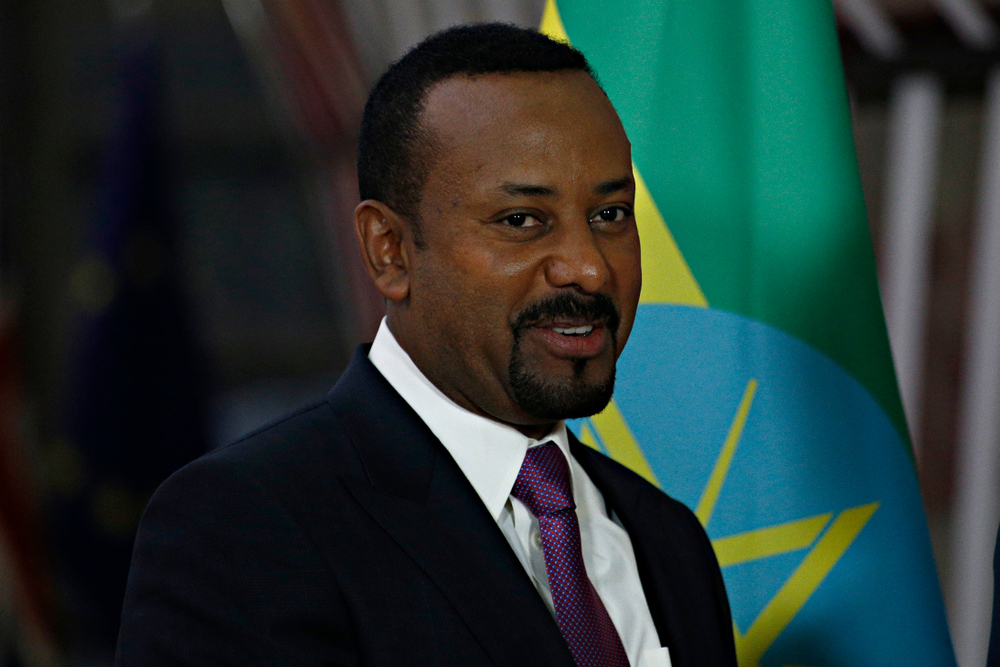
Last week as the fighting intensified, the national government declared a state of emergency and shut off internet in the Amhara region. Israel evacuated more than 200 Ethiopian Jews and Israelis.
The same facts hold in this new round of internal conflict as in the previous cycle with Tigray. Ethiopia is Africa’s second most populous nation, and internal conflict poses risks of spilling over into the wider region. One key difference this time compared to the beginning of the war with Tigray in 2020 is that a civil war has also erupted in neighboring Sudan.
Average Ethiopian citizens are voicing louder frustrations. First, they suffered during the pandemic and lockdowns, then came the war with Tigray, and now with the conflict with Amhara, many wonder if life will ever return to normal.
Ethiopia’s Modern Ethnic Dynamics
A military dictatorship ruled Ethiopia until 1991. During that time, Ethiopia’s many ethnic groups were not allowed to self-rule, use their languages in administration, or nurture their unique group identities.
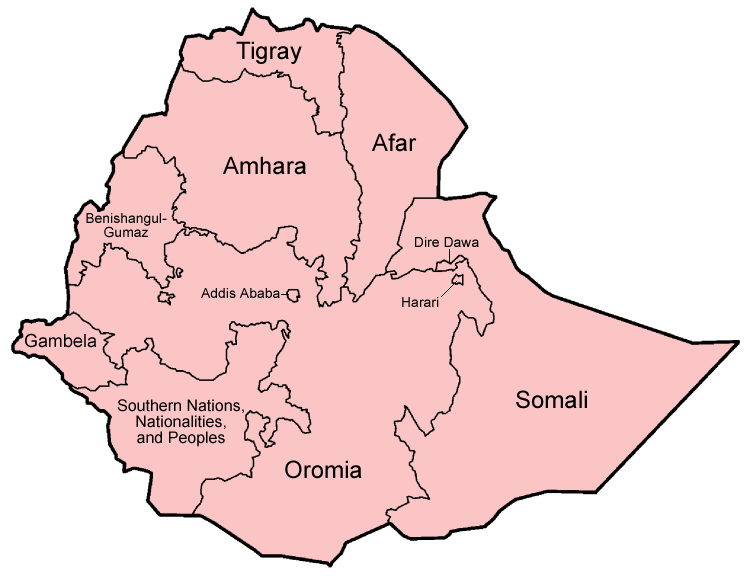
In 1991, the dictatorship was toppled, and a federal government system was established consisting of 10 regional states. This federation allowed Ethiopian ethnic groups greater freedoms, including greater self-government and the celebration of distinct ethnic identities. As ethnic communities and identities thrived, a level of ethnic conflict also began to emerge.
The Oromo ethnic group, the largest, makes up one-third of the Ethiopian population. The Amhara is the second largest ethnic group in the country.

